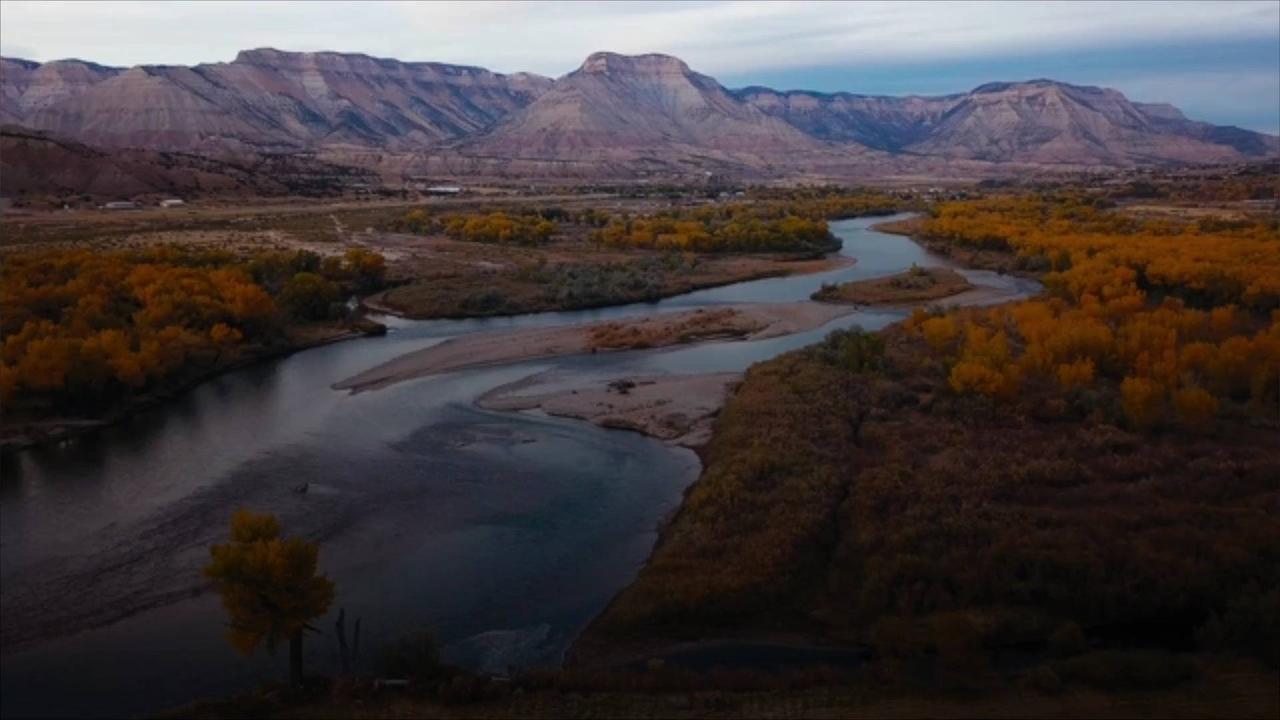
Supreme Court Rules, Against Navajo Nation's , Water Rights Case.
On June 22, the United States Supreme Court ruled against the Navajo Nation in a legal dispute about water from the Colorado River.
'The Independent' reports that the justices sided with the states that draw water from the river by a vote of 5-4.
Prior to the decision, the state of Colorado argued that siding with the Navajo Nation would undermine existing agreements.
The Biden administration also argued that a decision in favor of the Navajo Nation could set a precedent for lawsuits from many other tribes.
.
'The Independent' reports that lawyers representing the Navajo counter that their request was modest, asking only for an assessment of the tribe's water needs and plans to meet them.
.
A 1968 treaty established the reservation as the tribe's "permanent home," which the Navajo claim includes a sufficient supply of water.
In 2003, the Navajo sued the federal government, accusing it of failing to protect the tribe's water rights.
In his dissenting opinion, Justice Neil Gorsuch characterized the Navajo's position as a “simple ask.”.
Where do the Navajo go from here?
To date, their efforts to find out what water rights the United States holds for them have produced an experience familiar to any American who has spent time at the Department of Motor Vehicles.
, Neil Gorsuch, Supreme Court Justice, via 'The Independent'.
The Navajo have waited patiently for someone, anyone, to help them, only to be told (repeatedly) that they have been standing in the wrong line and must try another, Neil Gorsuch, Supreme Court Justice, via 'The Independent'
